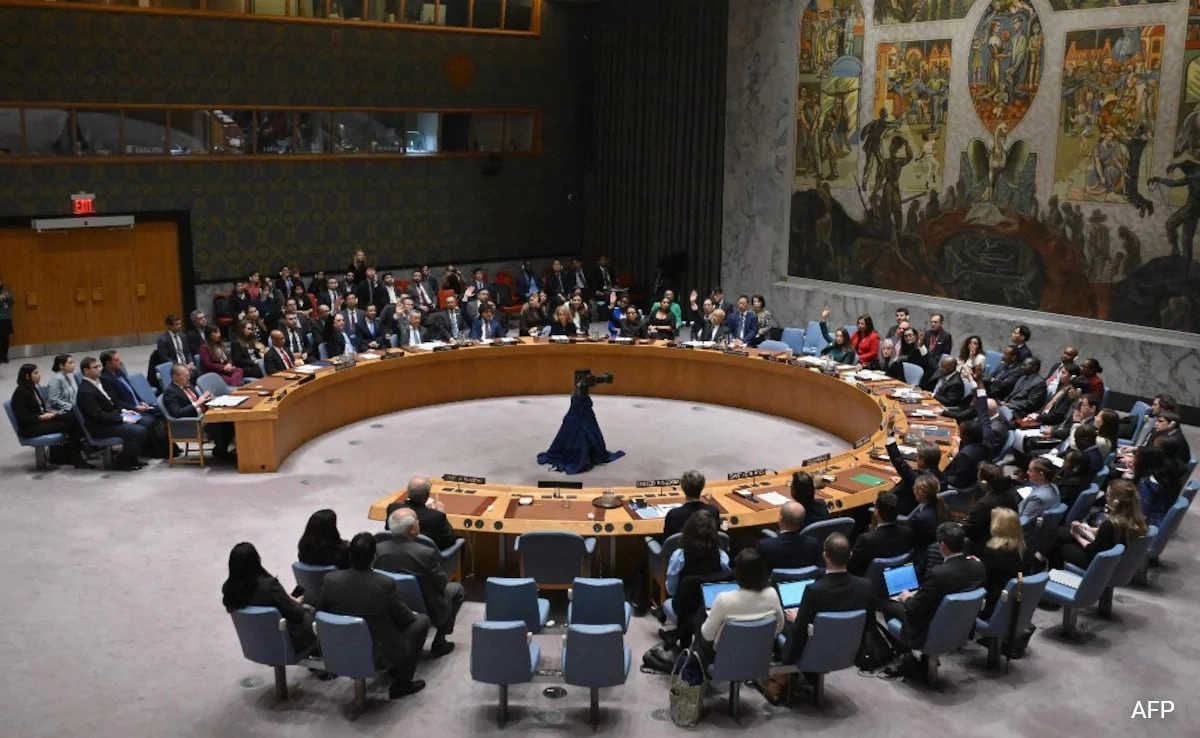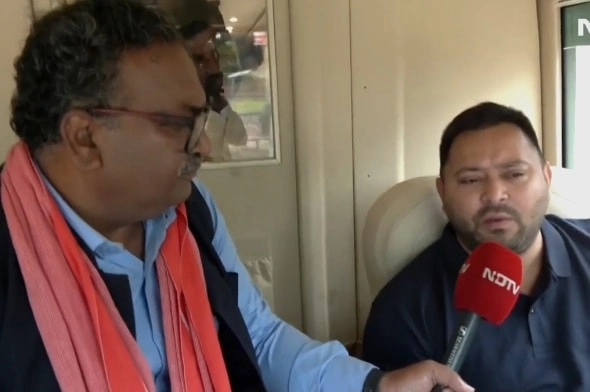During a recent United Nations debate, India’s representative directed a pointed remark towards Pakistan, characterizing it as a “serial borrower from the International Monetary Fund (IMF).” This statement was made in the context of discussions surrounding economic stability and financial responsibility among member nations. India’s criticism highlights the ongoing challenges faced by Pakistan in managing its economy, particularly in light of the repeated need for financial assistance from international institutions like the IMF. The comment also underscores the broader issues of governance and fiscal management in Pakistan, which have frequently been subjects of scrutiny both domestically and internationally.
India’s assertion reflects a longstanding tension between the two nations, exacerbated by their respective economic conditions and political narratives. While India has made strides in economic growth and development, Pakistan has struggled with fiscal deficits, inflation, and a reliance on foreign loans to stabilize its economy. This disparity has fueled India’s narrative of its own economic resilience while casting Pakistan’s financial struggles in a negative light. By labeling Pakistan as a “serial borrower,” India aims to emphasize the need for responsible economic practices and governance, positioning itself as a more stable and reliable counterpart in the region.
The statement also resonates with broader geopolitical dynamics, as both countries continue to vie for influence in South Asia. The IMF’s assistance to Pakistan has often been accompanied by stringent conditions aimed at ensuring economic reform and accountability. India’s critique serves not only as an economic indictment but also as a strategic maneuver to bolster its own standing on the international stage. It reinforces the perception of India as a nation moving towards self-sufficiency while casting doubt on Pakistan’s ability to manage its economic affairs effectively.
Pakistan’s response to such remarks often involves highlighting its unique challenges, including geopolitical tensions and security concerns that have historically impacted its economic policies. The ongoing economic difficulties faced by Pakistan, including high debt levels and inflation, have led to public discontent and political instability. Amid these challenges, the discourse surrounding its relationship with the IMF remains critical, as it affects both domestic policy and international relations. Ultimately, the exchange at the UN reflects deeper issues of economic governance and regional rivalry, with both nations keenly aware of the implications of their economic narratives on their global standing.




